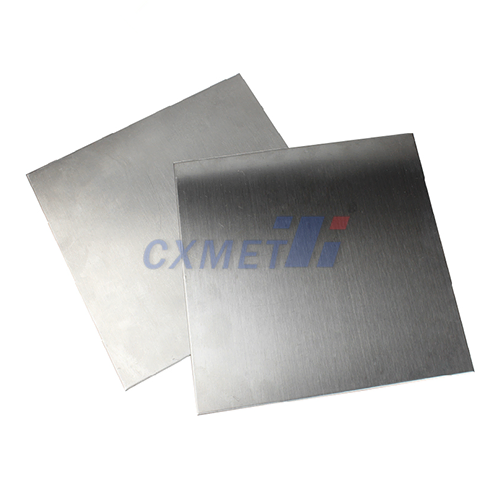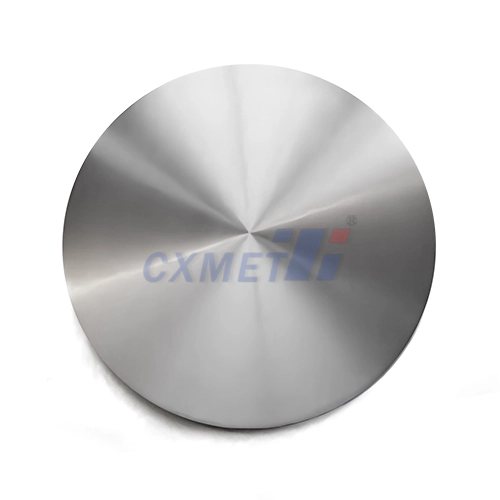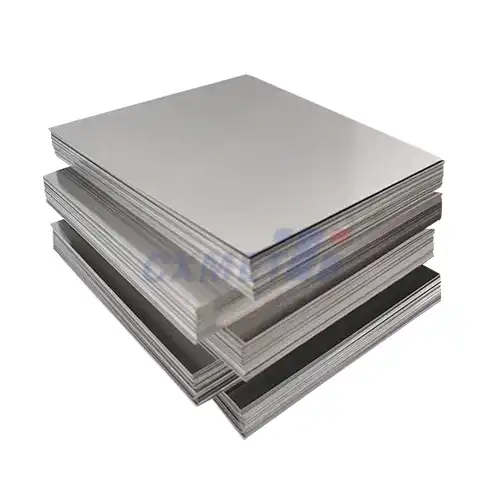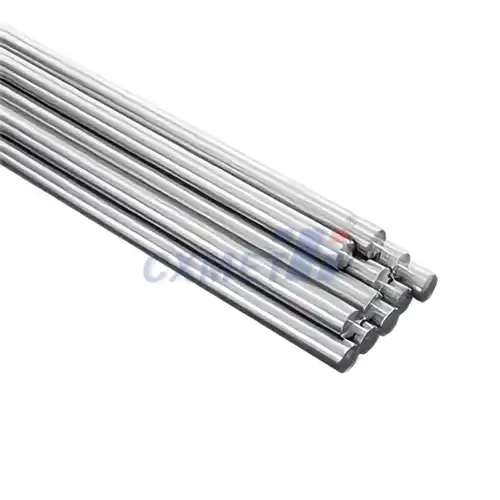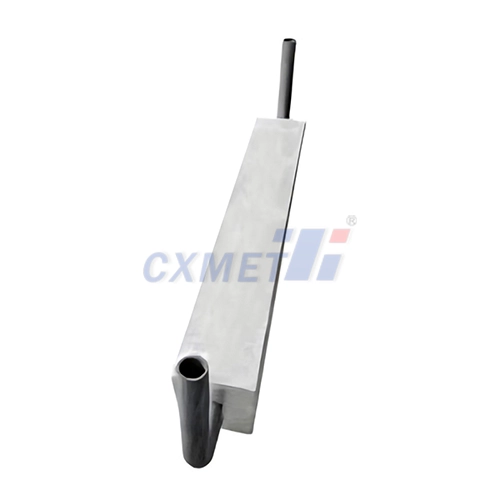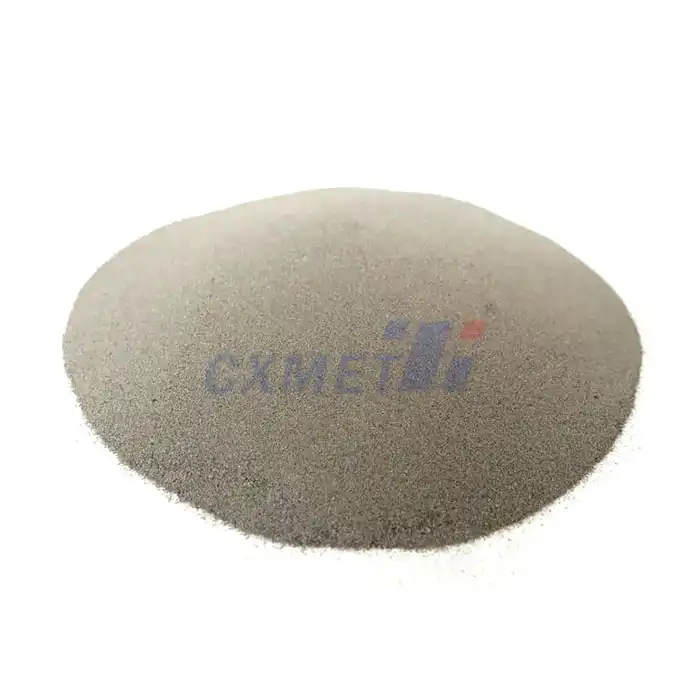- English
- French
- German
- Portuguese
- Spanish
- Russian
- Japanese
- Korean
- Arabic
- Greek
- German
- Turkish
- Italian
- Danish
- Romanian
- Indonesian
- Czech
- Afrikaans
- Swedish
- Polish
- Basque
- Catalan
- Esperanto
- Hindi
- Lao
- Albanian
- Amharic
- Armenian
- Azerbaijani
- Belarusian
- Bengali
- Bosnian
- Bulgarian
- Cebuano
- Chichewa
- Corsican
- Croatian
- Dutch
- Estonian
- Filipino
- Finnish
- Frisian
- Galician
- Georgian
- Gujarati
- Haitian
- Hausa
- Hawaiian
- Hebrew
- Hmong
- Hungarian
- Icelandic
- Igbo
- Javanese
- Kannada
- Kazakh
- Khmer
- Kurdish
- Kyrgyz
- Latin
- Latvian
- Lithuanian
- Luxembou..
- Macedonian
- Malagasy
- Malay
- Malayalam
- Maltese
- Maori
- Marathi
- Mongolian
- Burmese
- Nepali
- Norwegian
- Pashto
- Persian
- Punjabi
- Serbian
- Sesotho
- Sinhala
- Slovak
- Slovenian
- Somali
- Samoan
- Scots Gaelic
- Shona
- Sindhi
- Sundanese
- Swahili
- Tajik
- Tamil
- Telugu
- Thai
- Ukrainian
- Urdu
- Uzbek
- Vietnamese
- Welsh
- Xhosa
- Yiddish
- Yoruba
- Zulu
How Do Titanium Slip-On Flanges Function in Piping Systems?
Titanium slip-on flanges play a crucial role in piping systems, especially in industries that require high corrosion resistance and strength-to-weight ratio. These flanges are designed to connect pipes, valves, and other equipment in a secure and leak-proof manner. The unique properties of titanium make these flanges particularly suitable for applications in chemical processing, offshore oil and gas, and marine environments. In this blog post, we'll explore the functionality of titanium slip-on flanges and address some common questions about their use in piping systems.
What are the advantages of using titanium slip-on flanges?
Titanium slip-on flanges offer several significant advantages in piping systems, making them a preferred choice for many industries. First and foremost, titanium's exceptional corrosion resistance is a key benefit. These flanges can withstand harsh chemical environments, seawater, and other corrosive media that would quickly degrade many other materials. This resistance not only extends the lifespan of the piping system but also reduces maintenance costs and downtime.
Another major advantage is titanium's high strength-to-weight ratio. Titanium slip-on flanges are significantly lighter than their steel counterparts while maintaining comparable or even superior strength. This characteristic is particularly valuable in offshore and marine applications, where weight reduction can lead to substantial cost savings in structure support and installation.
Titanium's biocompatibility is another advantage, making these flanges suitable for use in pharmaceutical and food processing industries. The material doesn't react with biological tissues or fluids, ensuring product purity and safety.
The thermal properties of titanium also contribute to the advantages of slip-on flanges made from this material. Titanium has a low coefficient of thermal expansion, which means it maintains its shape and integrity even under significant temperature fluctuations. This stability is crucial in systems that experience frequent temperature changes or operate at high temperatures.
Lastly, titanium slip-on flanges offer excellent fatigue resistance. In applications where the piping system is subject to cyclic loading or vibrations, titanium's ability to withstand repeated stress without failure is a significant advantage, contributing to the overall reliability and longevity of the system.
How are titanium slip-on flanges installed in piping systems?
The installation of titanium slip-on flanges in piping systems requires precision and adherence to specific procedures to ensure optimal performance and longevity. The process begins with proper preparation of the pipe end. The pipe must be cut square and have its outer surface cleaned and free from any debris or contaminants that could interfere with the welding process.
Once the pipe is prepared, the slip-on flange is slid onto the pipe. It's crucial to ensure that the flange is oriented correctly, with the raised face or flat face (depending on the design) facing outward. The flange should be positioned at the correct distance from the pipe end, typically leaving enough space for the weld and any required machining.
The next step involves tack welding the flange to the pipe. This initial weld holds the flange in place and allows for final adjustments before the full welding process. It's important to use compatible welding materials and techniques specific to titanium to prevent contamination and ensure a strong, corrosion-resistant joint.
After tack welding, the full circumferential weld is completed. This weld must be performed by qualified welders using appropriate welding procedures for titanium. The welding process often requires an inert gas shield to prevent oxidation of the titanium, which can compromise the integrity of the weld and the corrosion resistance of the joint.
Once the welding is complete, the weld and surrounding area are typically inspected using non-destructive testing methods such as radiographic or ultrasonic testing to ensure the integrity of the joint. Any necessary post-weld heat treatment is then performed to relieve residual stresses and optimize the material properties.
The final step in the installation process is often machining the flange face. This ensures that the sealing surface is flat and smooth, providing an effective sealing surface for the gasket. The machining process must be carefully controlled to maintain the required surface finish and dimensional tolerances.
Throughout the installation process, it's crucial to handle titanium components with care to prevent surface damage or contamination. Any scratches or imperfections on the sealing surface can lead to leaks or accelerated corrosion. Additionally, proper torquing of the flange bolts during final assembly is essential to ensure even load distribution and prevent leaks.
What factors should be considered when selecting titanium slip-on flanges?
Selecting the appropriate titanium slip-on flanges for a piping system requires careful consideration of several factors to ensure optimal performance, safety, and cost-effectiveness. One of the primary considerations is the operating conditions of the system. This includes factors such as temperature, pressure, and the nature of the fluid or gas being transported. Titanium's excellent performance across a wide range of temperatures and its resistance to many corrosive media make it suitable for diverse applications, but it's crucial to verify that the specific grade of titanium chosen is appropriate for the intended use.
The chemical composition of the fluid or gas in the piping system is another critical factor. While titanium is generally highly corrosion-resistant, certain chemicals or combinations of chemicals can cause stress corrosion cracking or other forms of degradation. A thorough analysis of the media and consultation with materials experts may be necessary to ensure long-term compatibility.
Mechanical requirements are also essential considerations. The flange must be able to withstand the expected loads, including not only internal pressure but also external forces such as wind loads, thermal expansion, and vibration. The specific grade of titanium chosen should have the necessary strength and fatigue resistance to meet these mechanical demands.
The flange's pressure rating is a crucial selection criterion. This rating, typically expressed in terms of pressure-temperature curves, determines the maximum allowable working pressure at various temperatures. It's important to select a flange with a pressure rating that exceeds the system's maximum operating pressure with an appropriate safety margin.
Compatibility with other system components is another key consideration. The titanium slip-on flange must be compatible with the gaskets, bolts, and other fittings used in the system. This includes not only dimensional compatibility but also electrochemical compatibility to prevent galvanic corrosion.
Cost considerations, while important, should be balanced against performance requirements and life-cycle costs. While titanium flanges may have a higher initial cost compared to some alternatives, their long service life and reduced maintenance requirements can result in lower overall costs in many applications.
Regulatory compliance is another factor that cannot be overlooked. Depending on the industry and location, there may be specific codes and standards that govern the selection and use of flanges. For example, in the oil and gas industry, compliance with ASME B16.5 or API 6A standards may be required.
Lastly, the availability of the flanges and lead times for delivery should be considered, especially for projects with tight schedules. Titanium components may have longer lead times compared to more common materials, and this should be factored into project planning.
By carefully considering these factors, engineers and procurement specialists can select titanium slip-on flanges that provide optimal performance, reliability, and value for their specific piping system applications.
At SHAANXI CXMET TECHNOLOGY CO., LTD, we take pride in our extensive product range, which caters to diverse customer needs. Our company is equipped with outstanding production and processing capabilities, ensuring the high quality and precision of our products. We are committed to innovation and continuously strive to develop new products, keeping us at the forefront of our industry. With leading technological development capabilities, we are able to adapt and evolve in a rapidly changing market. Furthermore, we offer customized solutions to meet the specific requirements of our clients. If you are interested in our products or wish to learn more about the intricate details of our offerings, please do not hesitate to contact us at sales@cxmet.com. Our team is always ready to assist you.
References
1. ASME B16.5 - Pipe Flanges and Flanged Fittings
2. API 6A - Specification for Wellhead and Christmas Tree Equipment
3. Titanium Information Group. "Titanium Alloys in Industrial Applications."
4. Lyman, W. S., et al. "Metals Handbook, Vol. 13: Corrosion."
5. ASM International. "Titanium: A Technical Guide."
6. NACE International. "Corrosion in the Petrochemical Industry."
7. Schweitzer, P. A. "Corrosion of Linings and Coatings: Cathodic and Inhibitor Protection and Corrosion Monitoring."
8. American Welding Society. "Welding Handbook, Vol. 4: Materials and Applications, Part 2."
9. Fontana, M. G. "Corrosion Engineering."
10. Roberge, P. R. "Handbook of Corrosion Engineering."
